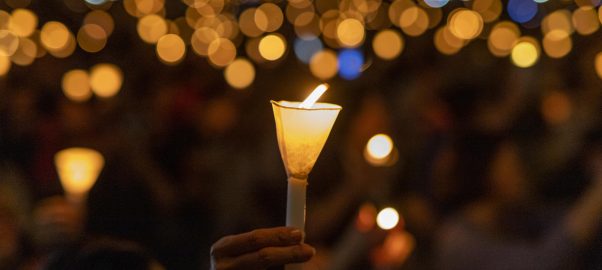
Every new year begins with forecasts and predictions for the coming months. Some of these are thoughtful prognostications rooted in good research and reflection. Other are subjective guesses, offered as clickbait in a fantastical or fatalistic spirit. In this essay, I want to offer some pithy statements to stimulate thoughtfulness and ethical action. In a world awash with extremes, I hope these will encourage hearts and empower creativity.
Realism: We will continue seeing President Trump hounded by his enemies and his supporters labeled as extremists.
Hope: Both parties will offer alternatives to the current and previous administrations.
Hopeful realism: Perhaps we can debate important issues like the budget, immigration, foreign policy, and a balanced view of the environment.
Realism: Gender anarchists will continue advocating for unsafe procedures on minors and insist that identity is purely subjective.
Hope: Thoughtful people are waking up to the destructive narcissism and big pharma influences on impressionable young people.
Hopeful realism: Permitting adults (on their dime) to modify and express their identity is part of a free society. At the same time, parents must retain final authority in caring for their children.
Realism: Israel will be criticized regardless of her military or political actions by intersectional radicals that think she is an oppressor of Palestinians.
Hope: Thoughtful folks will see that Israel wants peace with her neighbors. This is only possible with a new generation of Arab leaders willing to acknowledge Israel’s right to exist as the national home of the Jewish people.
Hopeful realism: Israel will win the current conflict and will establish security measures, allow aid to flow, and attempt to welcome a peaceful solution for both Gaza and the West Bank.
Realism: Colleges and universities will face further reckonings concerning true freedom of ideas and speech.
Hope: Educational leaders will restore the true exchange of ideas and not allow agitators to veto presentations.
Hopeful realism: We will continue seeing older institutions refuse to change their ways while new, entrepreneurial ones find success.
We will continue exploring the future in the next essay. Here is some food for thought as we step forward this year. Let’s reject fatalism (“Nothing will change…”) and fantasy (Everything will be wonderful…”) and choose faith, hope, and love as our dispositions and discover a future filled with unexpected delights, inexplicable challenges, and increasing wisdom.




